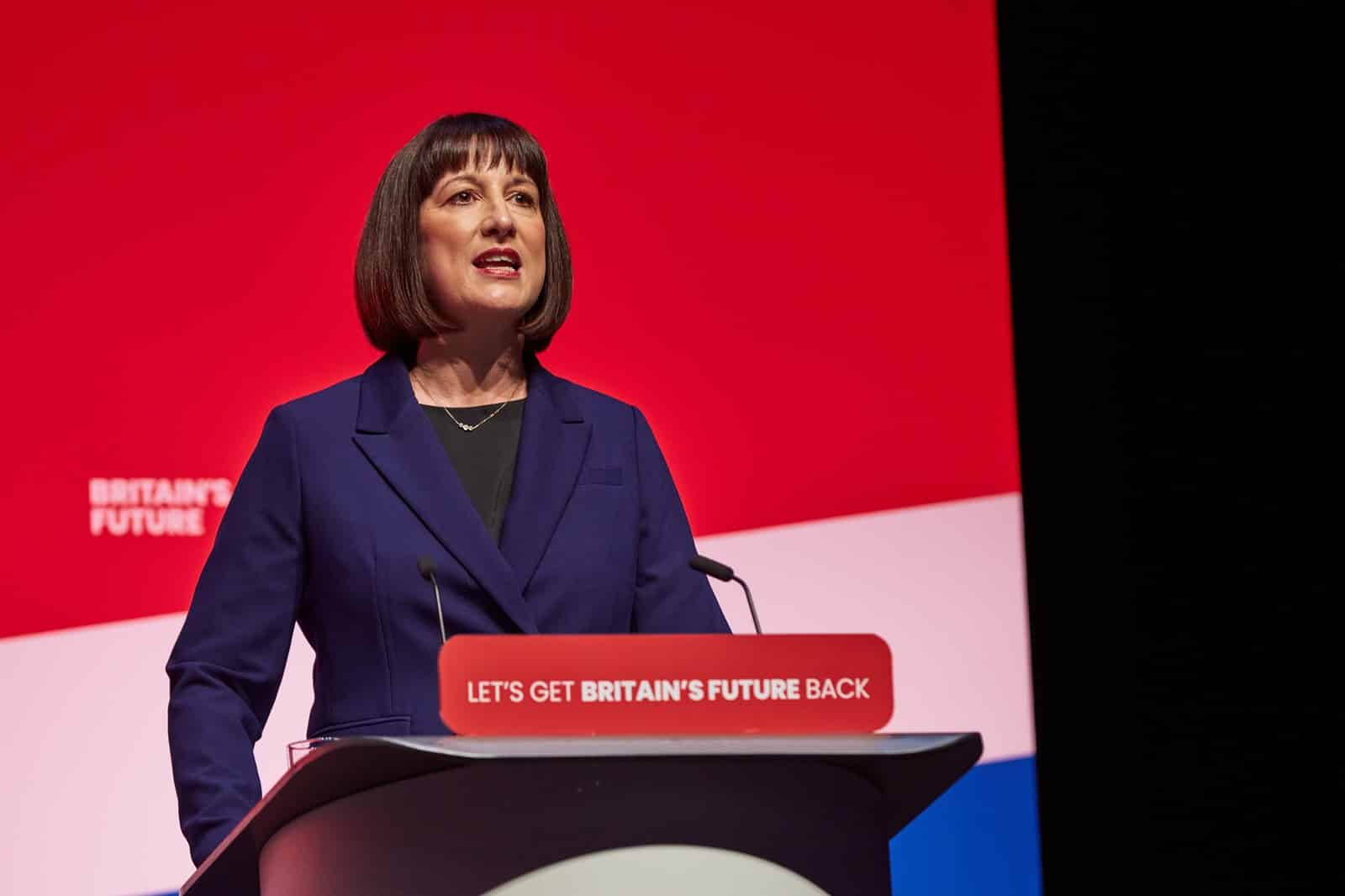Labour’s proposal to add VAT to private school fees has garnered public support despite concerns over its impact on state education. It highlights ongoing debates about educational equity in a nation of haves and have-nots. Here’s the full story.
VAT Proposal Sparks Debate

The Labour Party’s proposal to add VAT to private school fees has sparked widespread debate and garnered significant public attention.
Public Support Grows
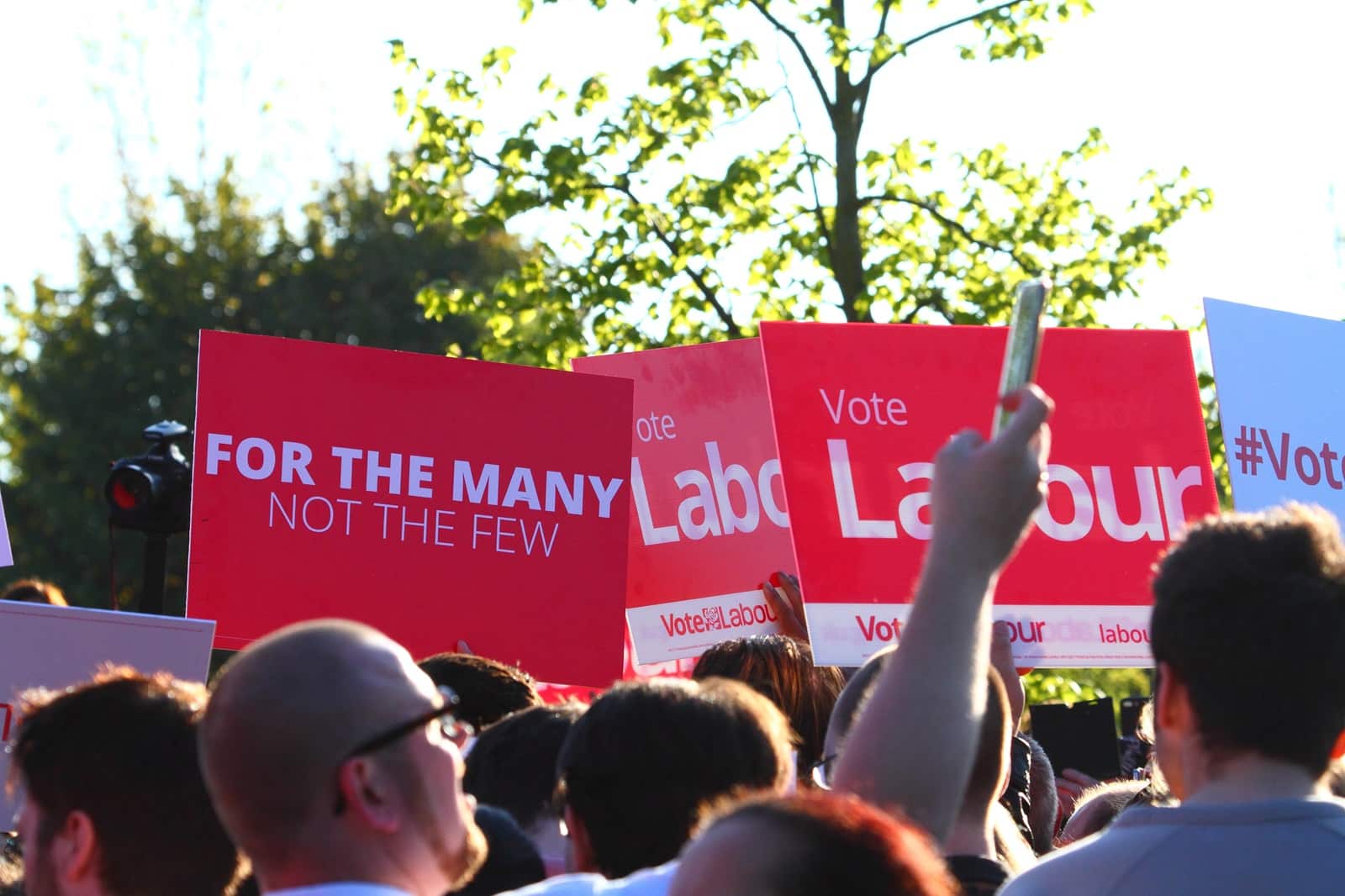
With more than half the electorate supporting the policy, it has become a central feature of Labour’s campaign.
Economic Concerns Raised
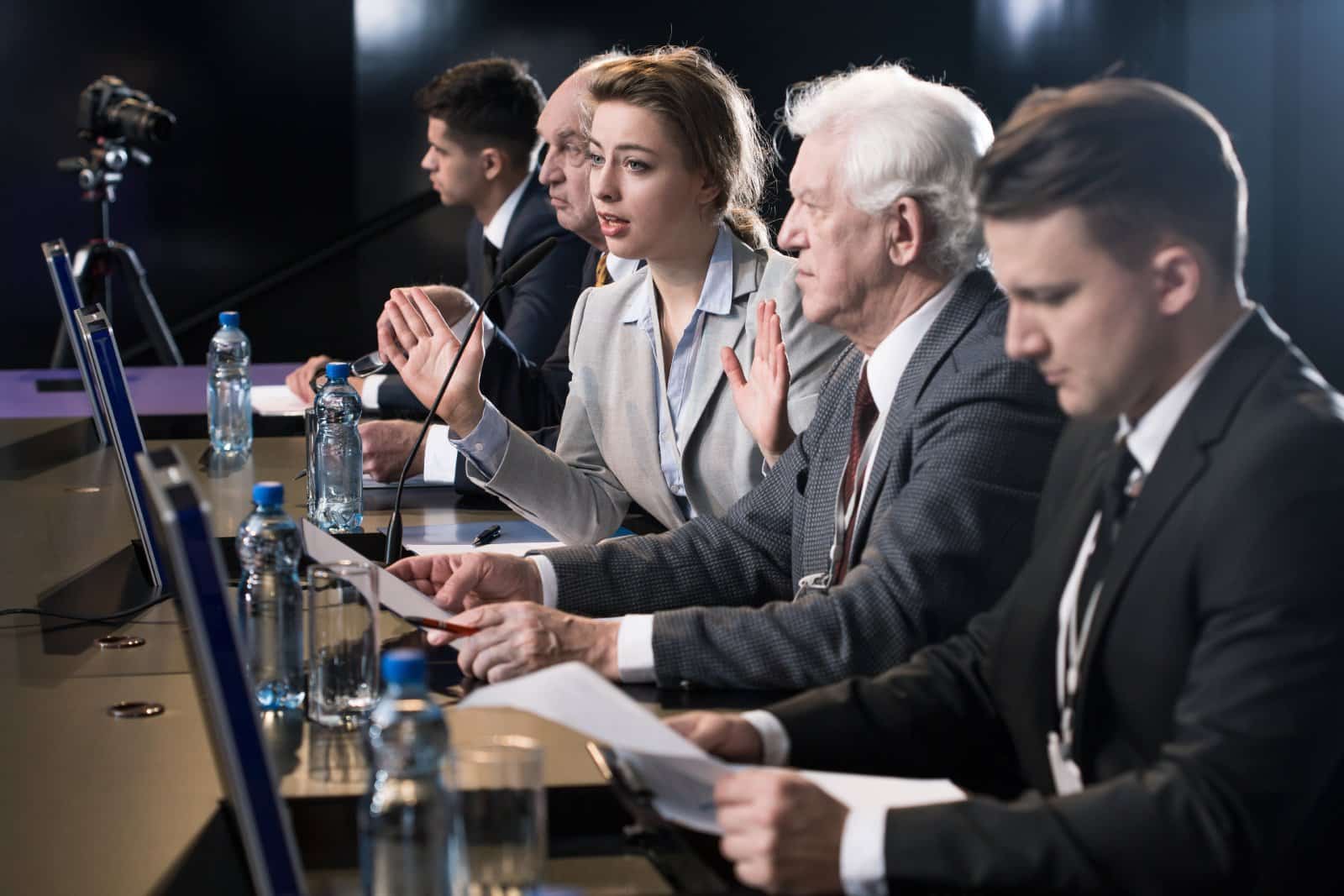
However, the policy has also raised concerns regarding its economic impact and potential effects on state education.
Broad Public Backing

Labour’s plan to impose VAT on private school fees has received considerable backing from the public.
Polls Indicate Support

According to a poll by the independent think tank More in Common, 57% of the public supports the idea, with only 15% opposed.
Cross-Party Approval

Interestingly, support for the policy extends beyond Labour voters, with 45% of 2019 Conservative voters also in favour.
Perception of Fairness

This broad support is not driven primarily by expected economic benefits but rather by a perception of fairness.
Economic Skepticism

Despite its popularity, there is scepticism about the economic impact of the proposed VAT on private school fees, with only 26% of voters believing it will result in a net economic benefit.
Luke Tryl Comments

Luke Tryl of More in Common highlighted this, telling the i newspaper, “As we look ahead to the release of general election manifestos, Labour’s policy of applying VAT on private school fees is consistently one of their most popular policies, supported by a majority of the public.”
Concerns About Costs

He continued, “However, despite the policy’s popularity with voters, most aren’t yet convinced that the money raised from the policy will exceed the extra cost of educating more children in the state sector.”
State School Pressure
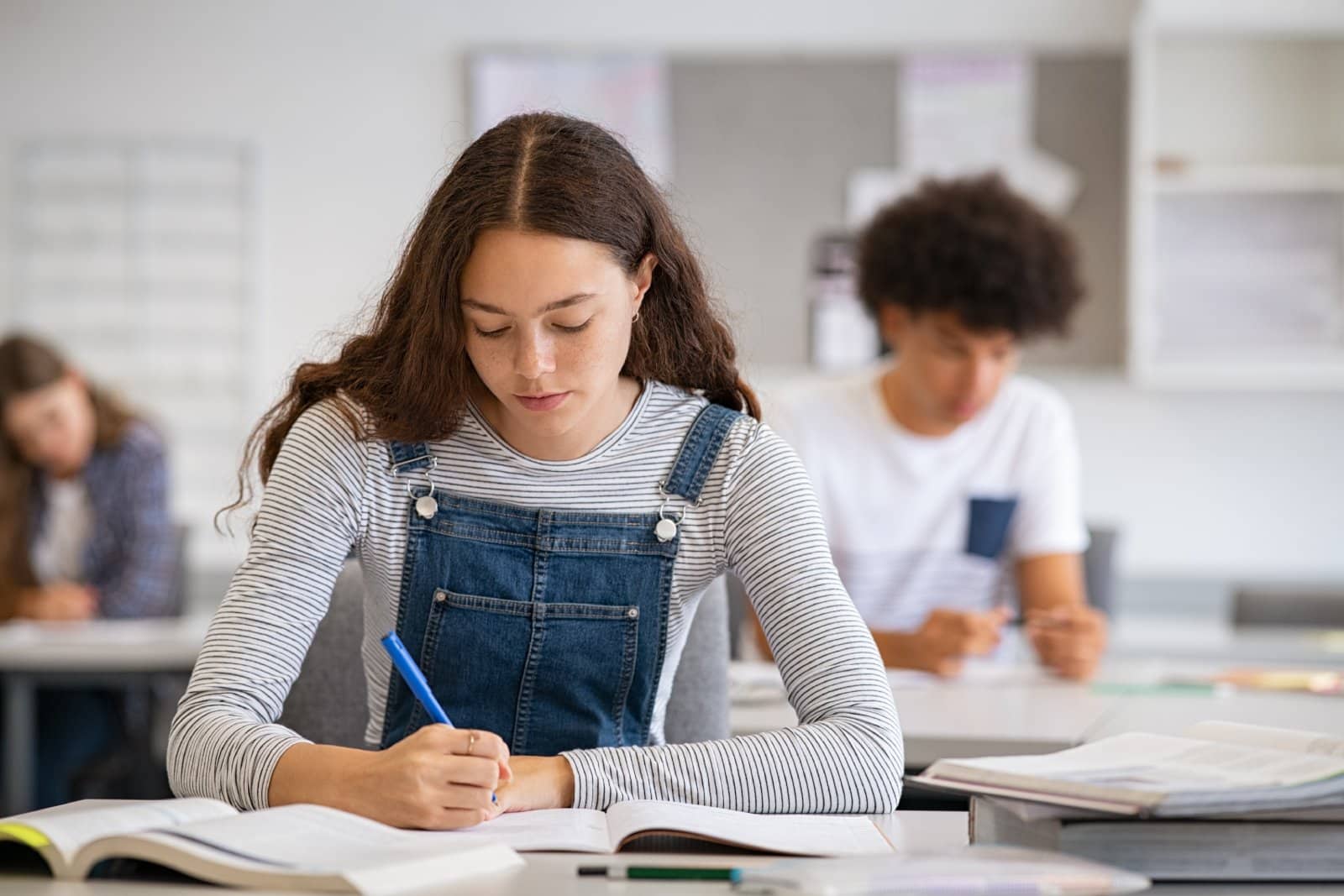
One of the contentious points of the debate is the potential movement of students from private to state schools if the VAT policy is implemented.
Thornberry’s Stance

When challenged about the possibility of students moving to state schools from private schools on the right-wing news channel GB News, Shadow Attorney General Emily Thornberry stated, “If we have to, in the short term, have larger classes, we have larger classes.”
Starmer Contradicts
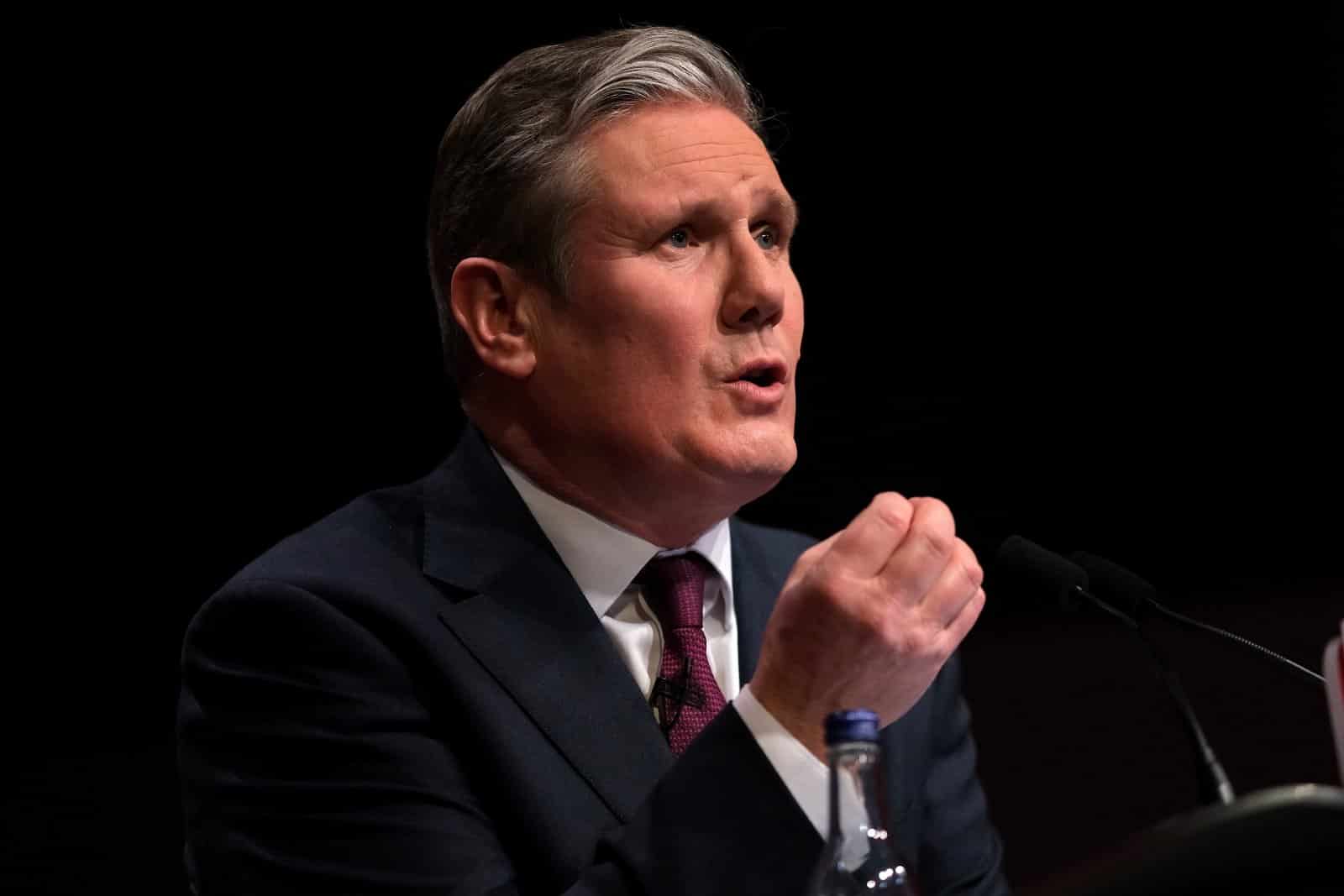
However, Labour leader Sir Keir Starmer quickly contradicted this, pointing at research from the Institute of Fiscal Studies, which indicated that the impact would be negligible.
IFS Forecasts Minimal Impact

The IFS forecasted that no more than 7% of private school students would move to the state sector, which would not significantly strain state school resources.
Private School Enrollment Rises

Contrary to concerns about a potential decline in private school enrollment, recent data from the Department for Education shows an increase in the number of pupils attending private schools.
Rising Enrollment Numbers
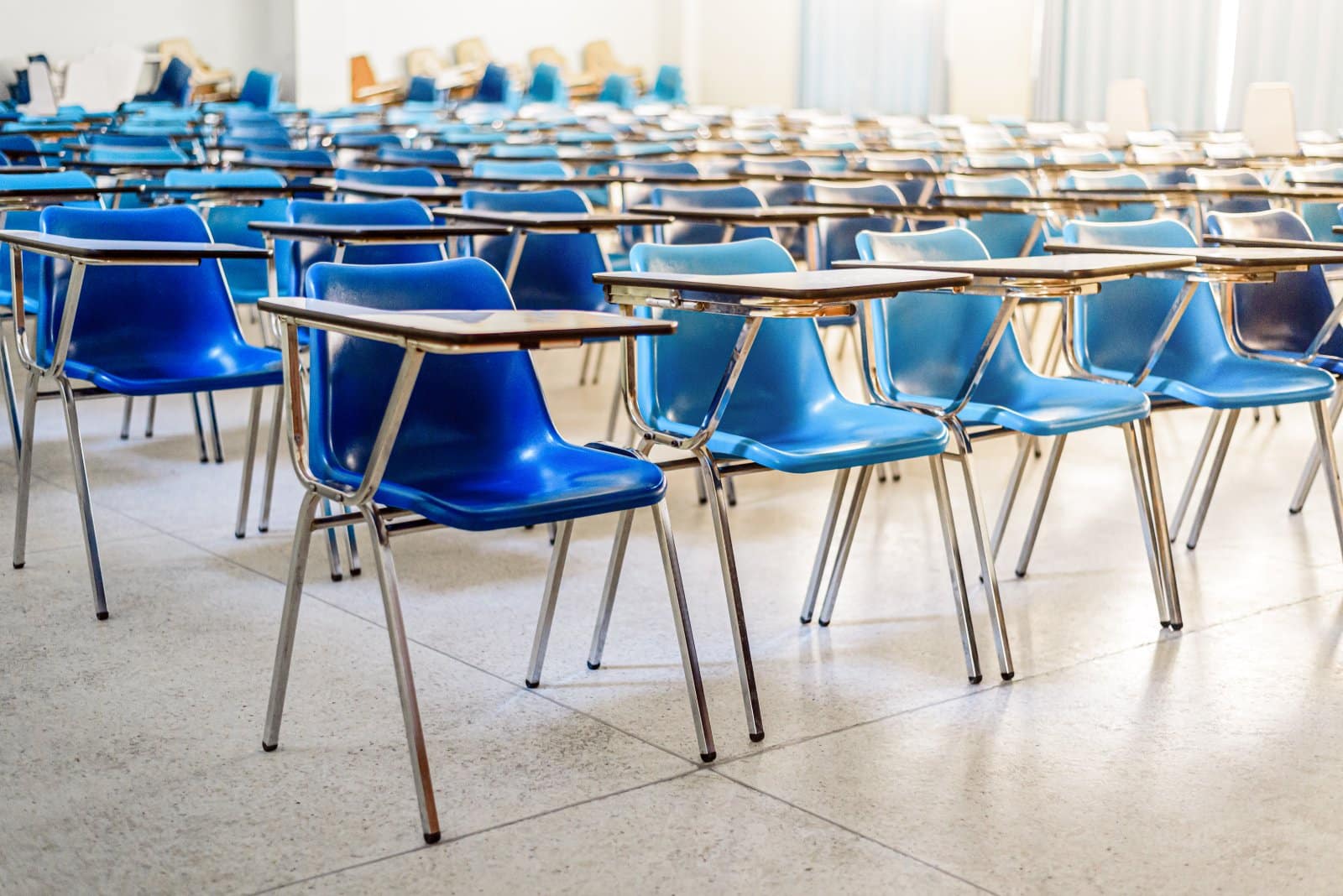
As of January, there were 593,486 pupils in independent schools in England, up from 591,954 the previous year.
Labour’s Defense
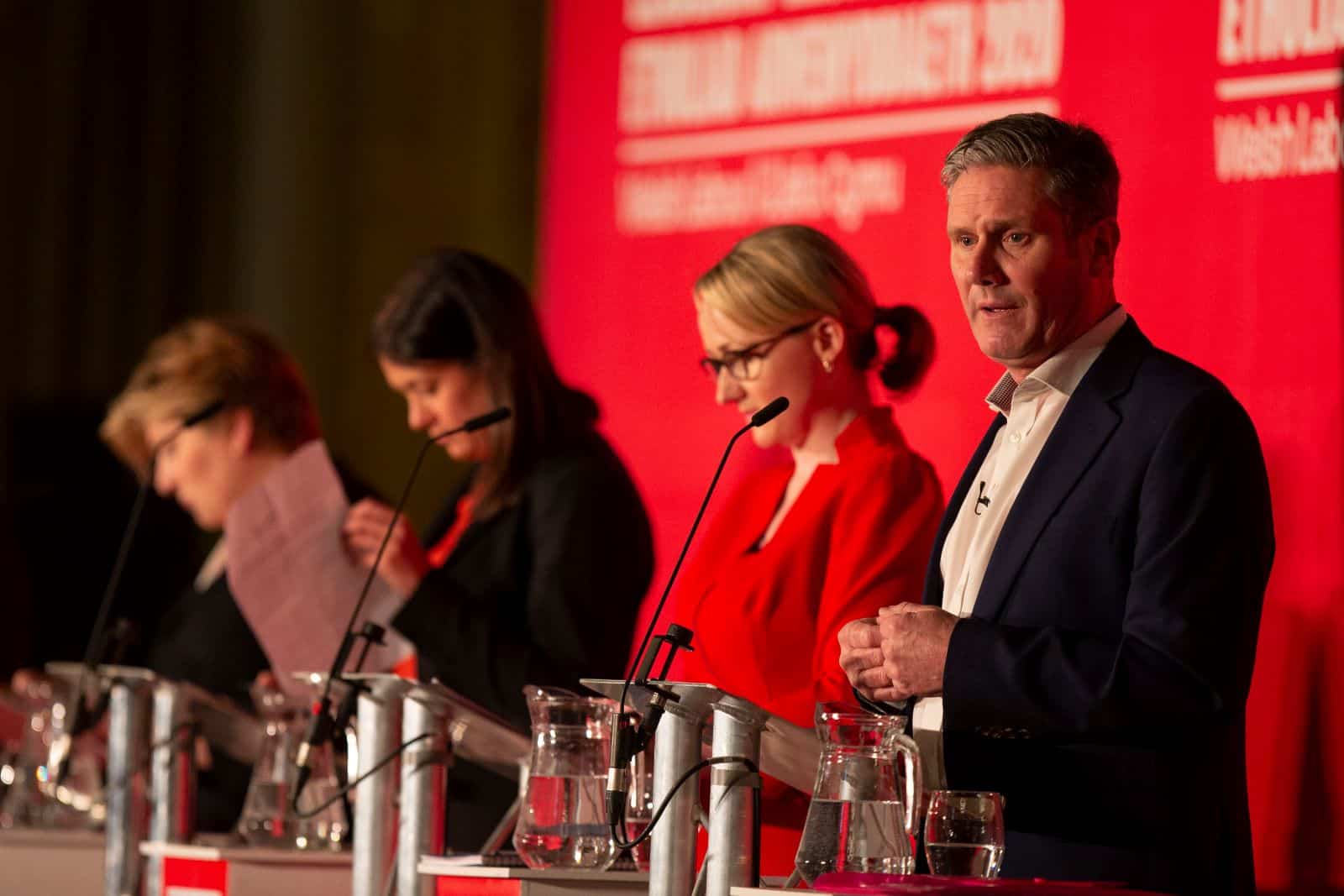
This rise challenges the narrative that Labour’s VAT plan is already deterring families from private education.
Emphasis on State Education

Labour has defended its policy by emphasizing the need for substantial investment in state education.
Phillipson’s Statement

Shadow Education Secretary Bridget Phillipson stated, “This evidence shows that increases in fees have not had any impact on the numbers of pupils attending private schools.
Investment in Teachers

She continued, “Labour will invest in delivering a brilliant state education for children in every state school by recruiting over 6,500 new teachers, funded by ending tax breaks for private schools. Independent schools have raised fees above inflation for well over a decade and do not have to pass Labour’s proposed change on to parents.”
Streeting’s Defense

Similarly, Wes Streeting, the Shadow Health Secretary, defended the policy recently on Question Time, stating that private headteachers who felt that they would see a decrease in their funding from Labour’s policy would need to “cut your cloth accordingly, like state schools have had to for more than 14 years.”
Streeting Prioritizes Fairness

He added, “We make no apology for putting the ambitions and opportunities of working-class kids from backgrounds like mine, the 93% of kids who attend their local state school, above the schools that educate the 7%.”
Policy Remains Contentious

Labour’s proposal to tax private school fees has emerged as a contentious issue in their campaign despite being supported by a significant portion of the electorate.
Media Pushback
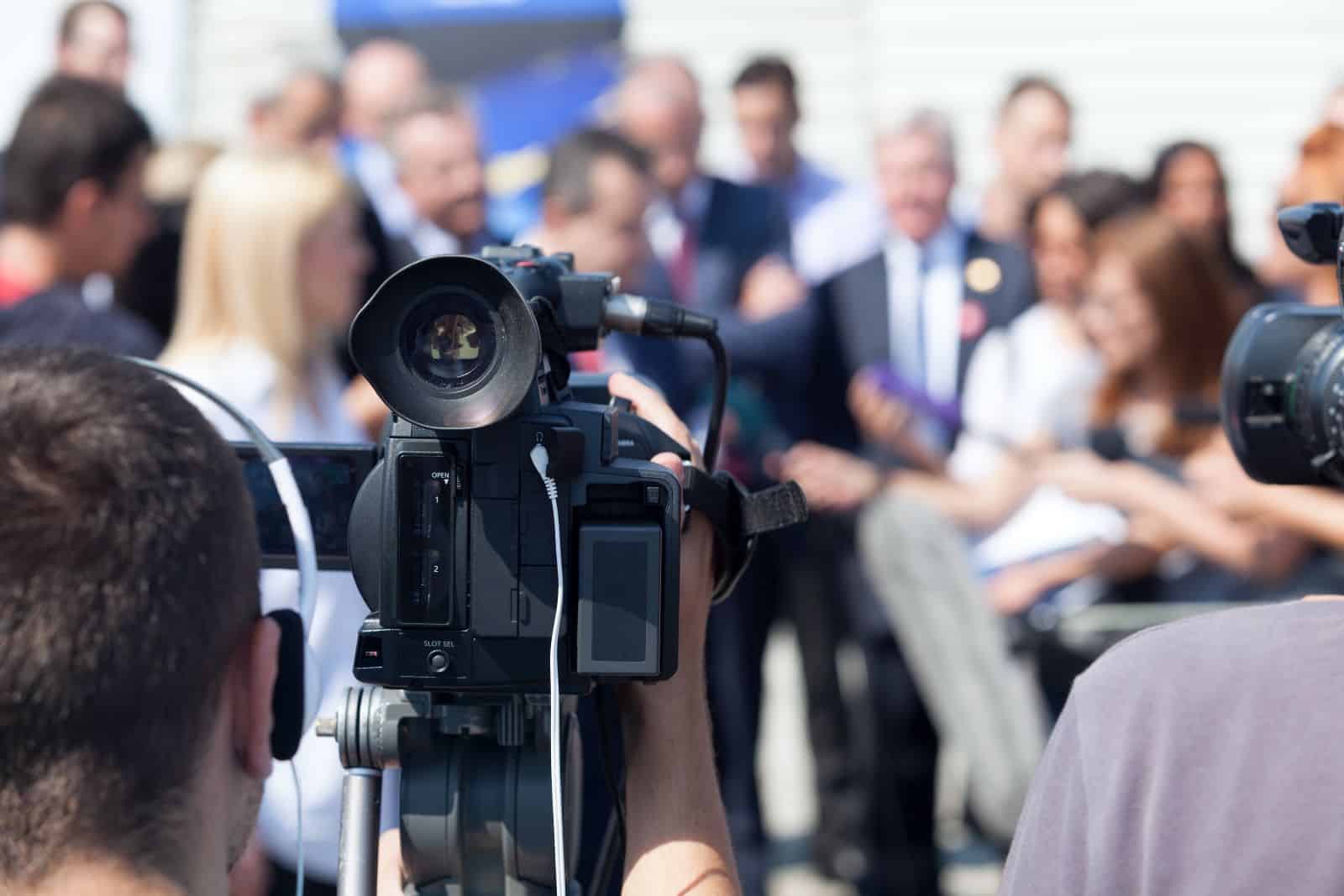
The vast majority of the pushback against the policy comes from the UK’s predominantly right-wing newspapers.
Media Education Backgrounds

This is perhaps unsurprising, as The Sutton Trust discovered that 51% of the country’s leading journalists received private education, and 80% of its top editors went to private or grammar schools.
Educational Equity Debate

The policy is likely contentious as it highlights broader questions about educational equity and the distribution of resources within the education system.
Election Approaches
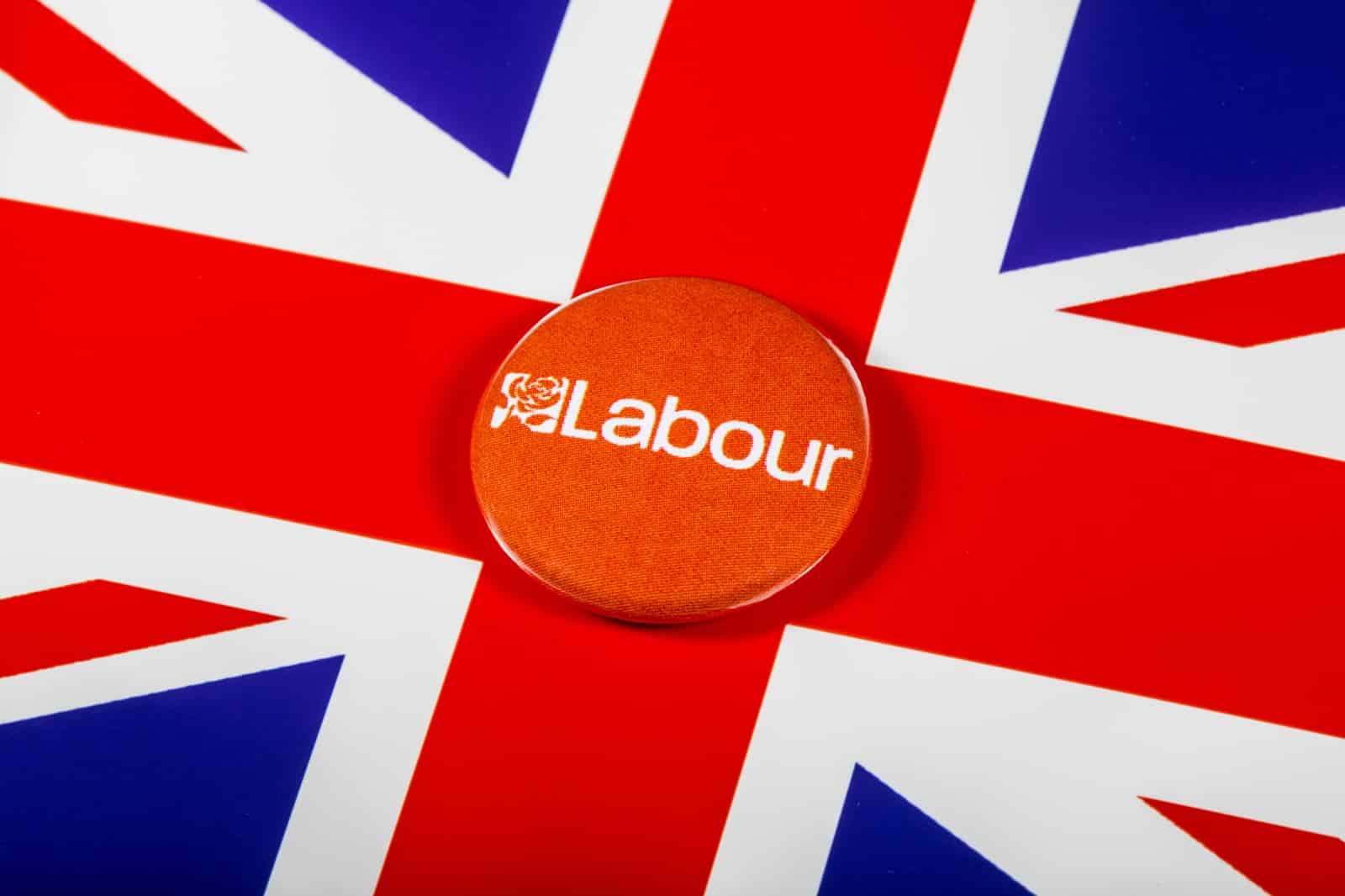
With the election fast approaching, it remains to be seen if Labour will give in to the outcry from a disgruntled minority.
Unlikely Policy Change

However, that is increasingly unlikely, given how popular the policy remains.
25 Things You CAN’T Talk About Anymore
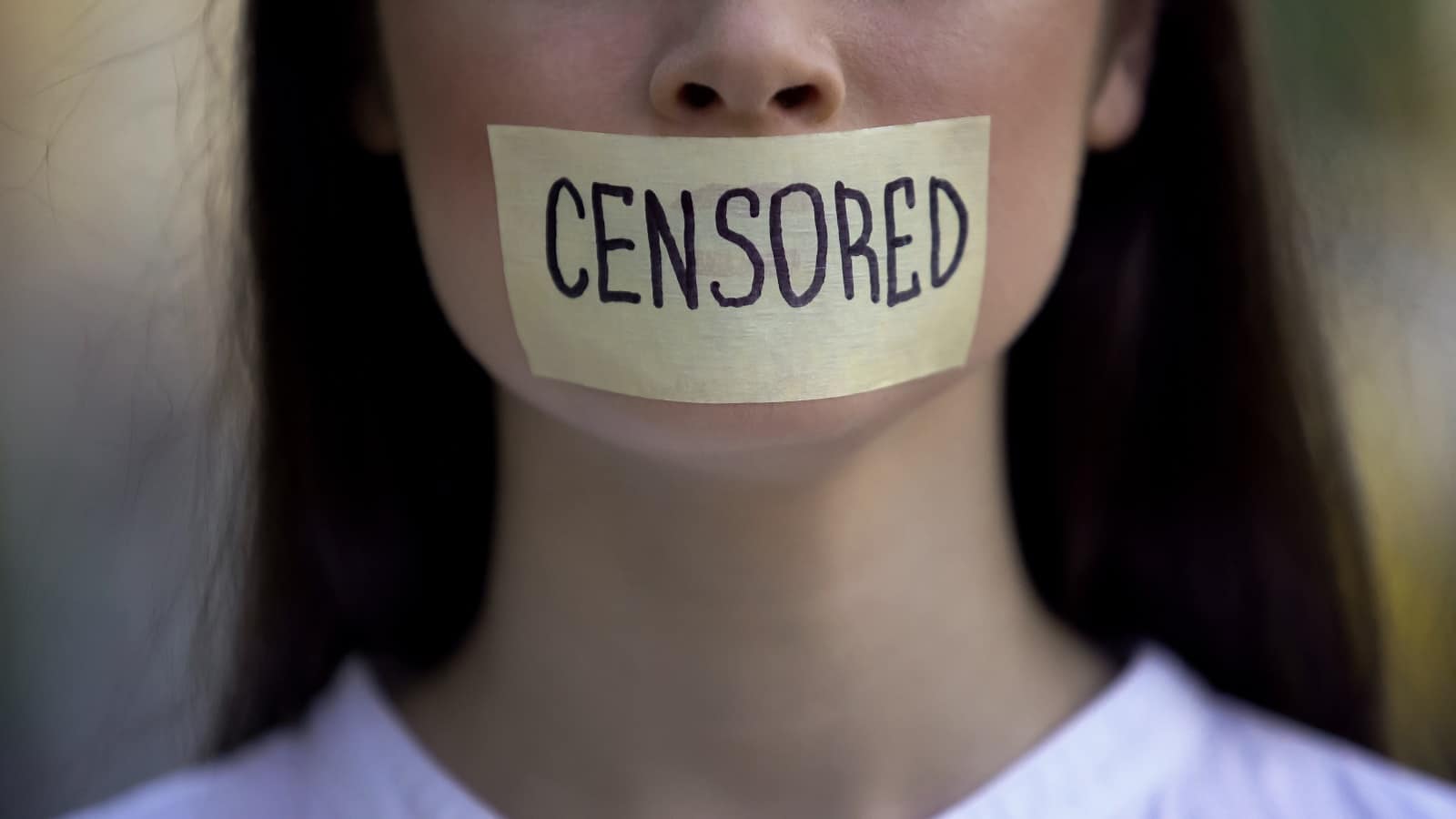
Remember the days when you could freely discuss just about anything without fear of sparking controversy? Well, those days are long gone. In today’s hyper-sensitive world, there are topics so fraught with tension that even mentioning them can lead to heated debates and hurt feelings. 25 Things You CAN’T Talk About Anymore
Stranded: 15 Worst British Cars in History
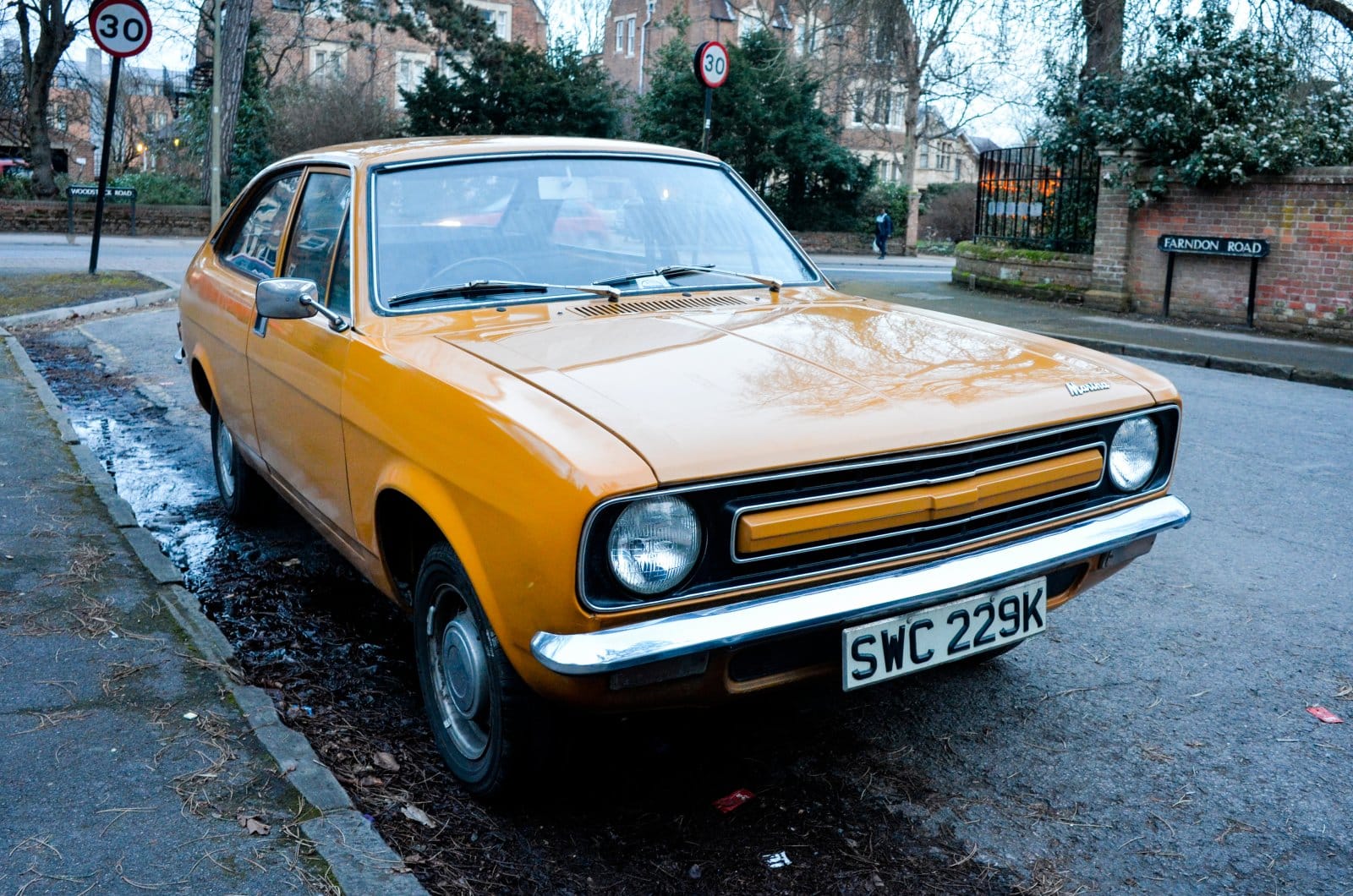
Ever had a car that spent more time with the mechanic than on the road? A car that turned every journey into a game of “Will we actually get there?” If so, you might just see a familiar face (or should we say, chassis) in our countdown to the most unreliable British car in history. Stranded: 15 Worst British Cars in History
“Britain Will Become Unrecognizable” – Suella Braverman Spells Disaster for UK Amid Steep Rise in Visas Issued

Former Home Secretary Suella Braverman has warned that Britain will become “unrecognizable,” criticizing the amount of work visas the Home Office has approved, despite only being removed from her role in November. “Britain Will Become Unrecognizable” – Suella Braverman Spells Disaster for UK Amid Steep Rise in Visas Issued
20 Things From the ‘70s That Are Not OK Today
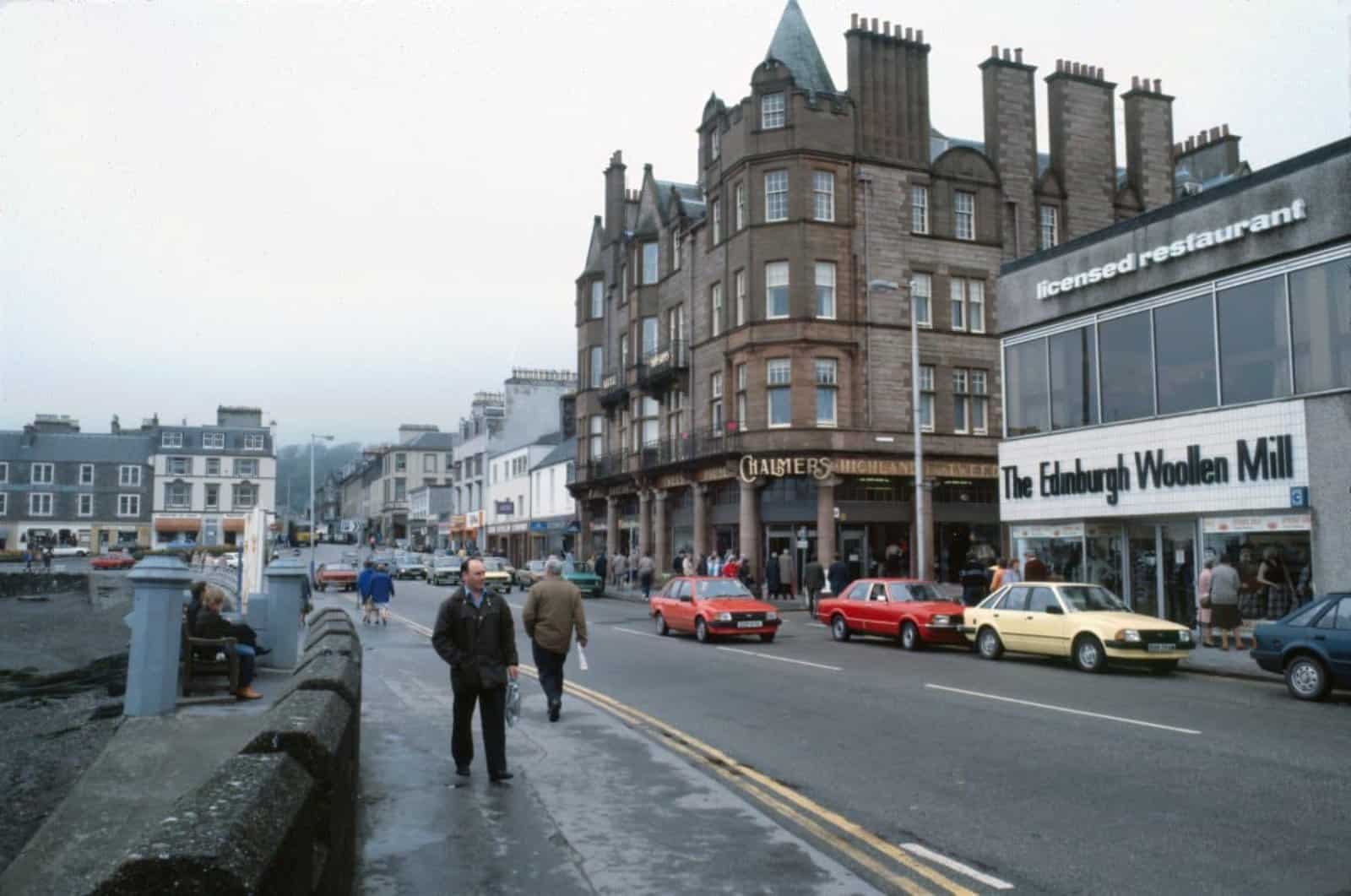
Step into the time machine and set the dial to the 1970s, a decade of disco, bell-bottoms, and some rather questionable choices. While the ’70s gave us iconic music and groundbreaking TV, not everything from this groovy era would get a green light today. 20 Things From the ‘70s That Are Not OK Today
20 Best and Worst Universities in the UK
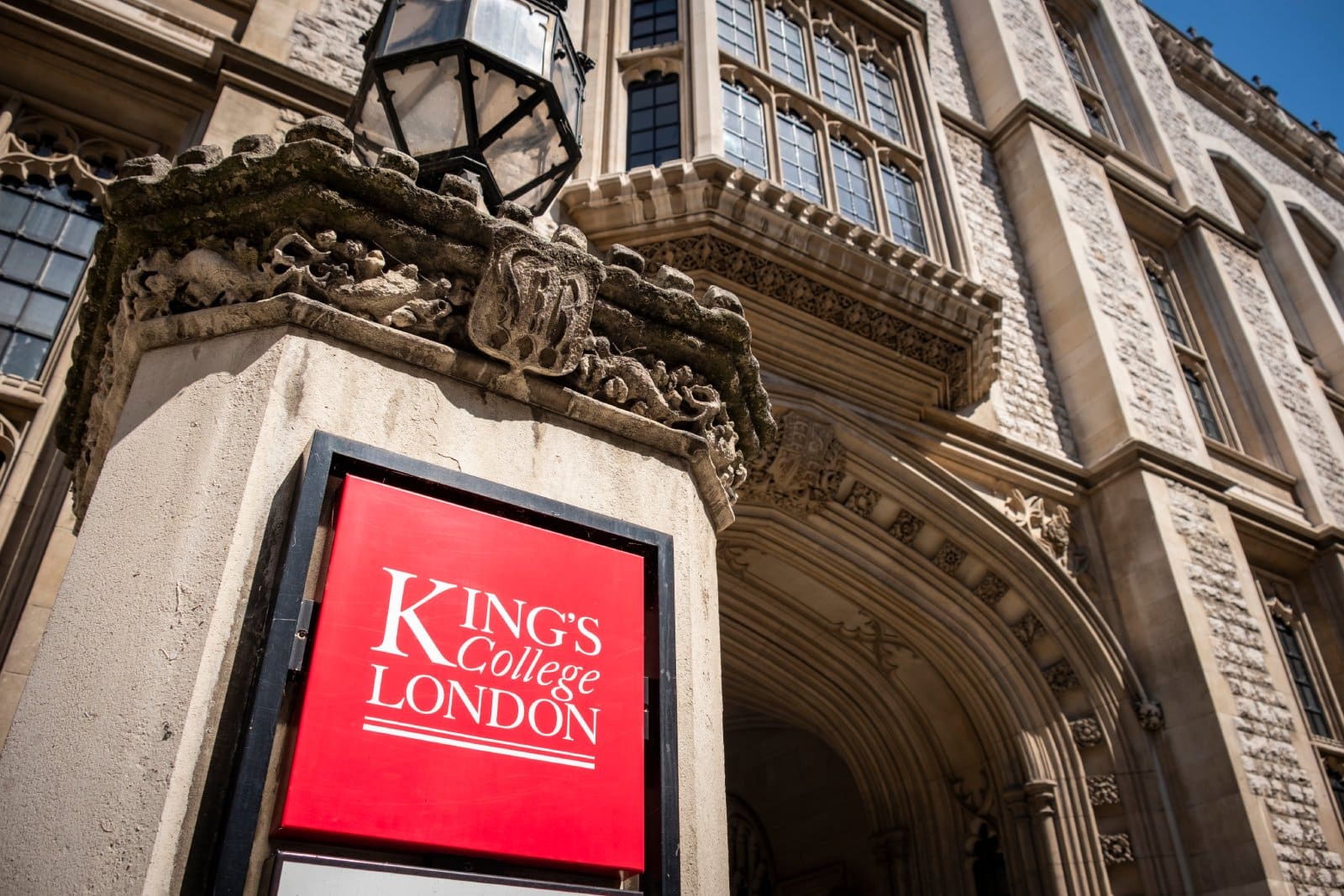
Navigating the UK university landscape is like deciphering a complex code of rankings, reviews, and reputations to uncover where you’ll not just learn, but truly flourish. Whether you’re drawn to the historic halls of Oxford or the creative buzz of Goldsmiths, finding your perfect fit is about aligning your aspirations with the unique offerings of each institution. 20 Best and Worst Universities in the UK
The post Labour Steps up Defence of Controversial Tax Proposal first appeared on Edge Media.
Featured Image Credit: Shutterstock / Martin Suker.
Grant Gallacher is a seasoned writer with expertise in politics and impactful daily news. His work, deeply rooted in addressing issues that resonate with a wide audience, showcases an unwavering commitment to bringing forth the stories that matter. He is also known for satirical writing and stand up comedy.

